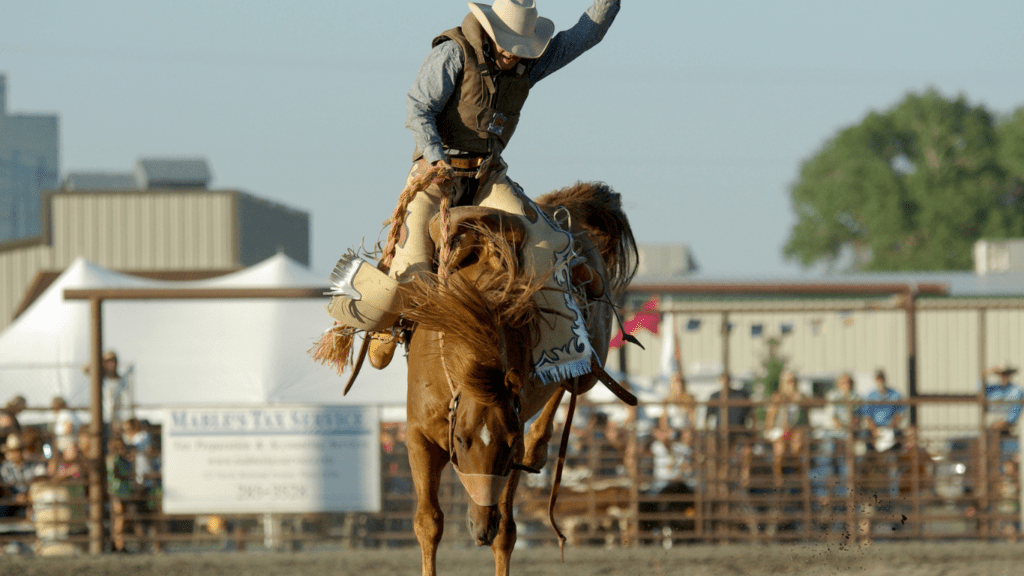Background of Sports Betting in Texas
Despite growing support, sports betting isn’t expected in Texas until 2025. Political and regulatory challenges contribute to this delay while other states reap the benefits.
Current Legislation
As of now, Texas hasn’t passed legislation to legalize sports betting. In 2021 and 2023, bills aimed at legalizing sports betting failed to receive enough support from lawmakers.
The Texas Constitution prohibits most forms of gambling, making changes complex and requiring significant legislative effort.
Historical Perspective
Texas has long had restrictive gambling laws. In 1991, the Texas Lottery began, becoming one of the few gambling options available.
Attempts to expand gambling, including introducing casinos or sports betting, have faced strong resistance.
This opposition stems from various political, social, and economic concerns, keeping Texas one of the more restrictive states in terms of gambling laws.
Key Players in the Texas Sports Betting Scene

Key figures influence Texas sports betting legislation and potential market operations.
Government Officials
Texas government officials play a crucial role in legalizing sports betting. Governor Greg Abbott holds significant influence over legislative priorities.
Lt. Governor Dan Patrick, who presides over the Texas Senate, has voiced strong opposition, creating challenges for passing sports betting bills.
State Senator Lois Kolkhorst and Representative Dan Huberty introduced sports betting bills in 2021. However, opposition from conservative groups within the legislature has stalled progress.
Major Gambling Operators
Major gambling operators eye Texas as a prime market. MGM Resorts International and DraftKings have lobbied for favorable laws.
FanDuel, another major player, aims to expand its footprint in Texas. Penn National Gaming, through its ownership of Barstool Sportsbook, also seeks potential entry.
These operators offer online platforms and partnerships with local entities to establish presence if legislation passes.
Reasons for the Delay Until 2025
Legal sports betting in Texas faces several significant barriers, pushing its potential legalization to 2025. The primary obstacles involve legal challenges and political opposition.
Legal Challenges
- Legal complexities hinder the implementation of sports betting in Texas.
- The state constitution bans most forms of gambling, so legalizing sports betting requires a constitutional amendment.
- This process involves a two-thirds majority in both legislative chambers, followed by a public referendum.
- Legal frameworks within the state also need reformation to accommodate and regulate a new betting market.
Lawmakers must address issues such as:
- tax rates
- licensing procedures
- consumer protections
Demanding comprehensive legislation that aligns with both federal guidelines and local specifications.
Political Opposition
Political resistance remains a major roadblock. Despite some support within the legislature, key political figures oppose sports betting.
Lt. Governor Dan Patrick, a powerful influence in the Texas Senate, has consistently blocked efforts to pass betting bills.
His stance stems from a conservative viewpoint, prioritizing traditional values over gambling expansion.
Governor Greg Abbott has shown limited backing, focusing instead on other legislative priorities.
The opposition from these top officials significantly slows down progress, as gaining their approval is crucial for advancing any betting-related bills.
Lawmakers must navigate this political landscape, building broader consensus to overcome entrenched opposition.
Economic Impact of the Delay
The delay in legalizing sports betting in Texas until 2025 affects the state’s economy in several ways. These impacts highlight the importance of timely legislative action.
Potential Revenue Losses
Texas stands to lose substantial revenue due to the delay. Legal sports betting could generate significant tax income for the state.
According to the American Gaming Association, states like New Jersey and Nevada have seen billions in annual revenue from sports betting.
If Texas legalized it now, it could potentially capture a share of this market. The Texas Comptroller’s office estimates the state might miss out on up to $2 billion annually in potential revenue during the delay.
This missed opportunity could have funded public services, infrastructure, and education improvements.
Impact on Local Businesses
Local businesses, particularly in the hospitality and entertainment sectors, suffer due to the delay.
- Sports bars
- casinos
- hotels
Could attract more customers if sports betting were legal.
Increased foot traffic would boost sales for these establishments. For instance, eateries near sports venues could see higher patronage during games if betting activities were allowed.
Additionally, the tourism sector could experience growth as more visitors from neighboring states flock to Texas for legal betting opportunities.
The economic ripple effect from increased business activities could lead to job creation and local economic development. However, until legalization occurs, businesses miss out on these potential gains.
Public and Industry Reaction
Public opinion and industry responses to the delay in legalizing sports betting in Texas until 2025 range widely, reflecting both frustration and optimism.
Public Opinion
Texans express mixed emotions over the delay. Many residents, especially avid sports fans, show disappointment due to the missed opportunities for engaging legally in sports betting.
They argue that neighboring states with legalized betting attract Texas gamblers, leading to a revenue drain.
Some community groups, on the other hand, welcome the delay, citing concerns over potential increases in gambling addiction and its social impact.
According to a recent poll, about 57% of Texans support the legalization of sports betting, while 30% oppose it, revealing a significant divide.
Responses from Betting Companies
Betting companies exhibit clear frustration regarding the delay. Several major operators, including DraftKings and FanDuel, express their readiness to enter the Texas market immediately.
They believe that the state stands to benefit substantially from the tax revenue and economic boost.
Some companies have already invested in lobbying efforts, aiming to shape favorable legislation once approved.
Industry representatives argue that the delay keeps Texas behind other states, missing out on technological advancements and market growth.
Their positions underline the urgency for legislative clarity to facilitate market entry and strategic planning.


